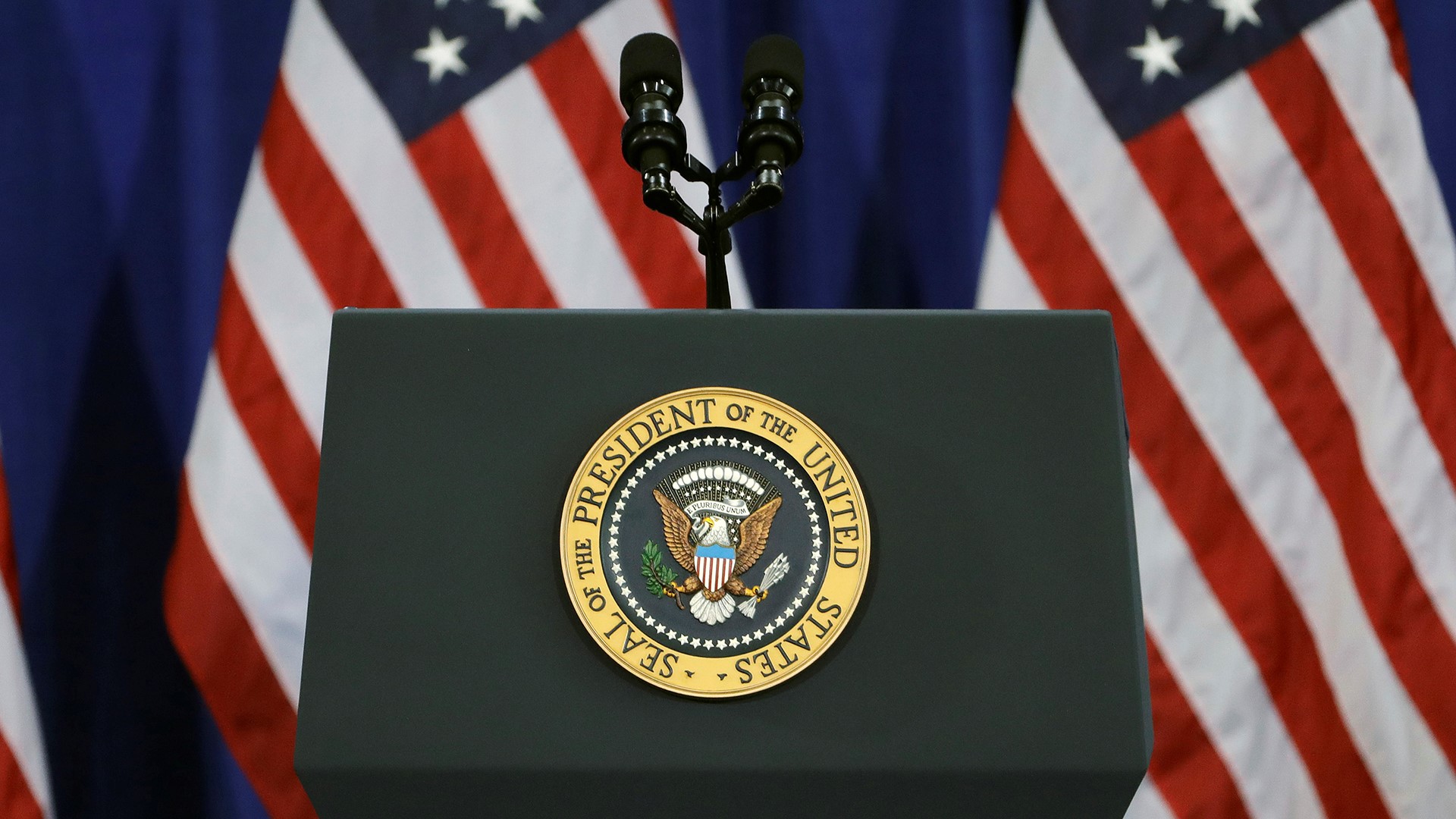Following Tuesday's New Hampshire primaries, former mayor Pete Buttigieg and Sen. Bernie Sanders remain the clear front runners early in the voting season. Sen. Amy Klobuchar is solidly in the mix following an impressive few days of debating and campaigning, while Sen. Elizabeth Warren and former Vice President Joe Biden took big hits that bring the immediate future of their campaigns into question.
And still waiting in the wings for his shot on a ballot -- former New York City Mayor Michael Bloomberg.
With 16 states set to vote over the next three weeks, here are some burning questions for the campaigns.
Can Amy Klobuchar keep the 'Klobmentum' going?
The senator from Minnesota turned her strong Friday night debate performance into a solid third place showing in New Hampshire. But now she has some work to do. After a heavy focus on Iowa and New Hampshire, Politico reports Klobuchar has to build out her campaign infrastructure in Nevada and South Carolina -- the next two contests before Super Tuesday. There is also a question as to how much money she has to spend on TV ads in the March 3 Super Tuesday states -- places that have already been bombarded by ads from Bloomberg. But her finish in New Hampshire is likely to pay off with a boost in donations.
Is South Carolina Joe Biden's last stand?
Biden, who was seen as the candidate to beat for months, has made it clear that South Carolina is his firewall. Even before polls closed in New Hampshire Tuesday, he was there campaigning. He's had strong support in polling among African-Americans throughout his campaign. But if he's unable to get momentum with a good showing in Nevada on Jan. 22, could some of his supporters in the Palmetto State move on to another candidate?
How does Elizabeth Warren rebound?
At one time, Warren was right there with Biden at the top of the polls. But that support fell as some of the details of her policies were released. She finished third in Iowa and followed that up with a fourth place result in New Hampshire.
An average of polls tracked by FiveThirtyEight.com has Warren in third place headed into Nevada, but that was before what happened in New Hampshire. Buttigieg is behind her there, but his strong start may push him above Warren.
Can Bernie Sanders widen his coalition?
Young voters make up a large percentage of Sanders' base and that was no exception Tuesday night according to exit polling. But questions remain as to whether he can boost his support among older voters.
While Sanders' win on Tuesday wasn't by nearly as wide a margin as it was in 2016, he was also competing in a much larger field than four years ago when it was just him and Hillary Clinton. But, Clinton outperformed Sanders in more racially diverse states. It remains to be seen if Sanders can reverse that.
One thing that could work in Sanders' favor is whether Warren or Biden drop out in the near future if they are unable to bounce back from two poor performances. According to polling by Morning Consult, the highest percentage of Warren and Biden supporters say Sanders is their second choice (35% from Warren, 28% from Biden).
Can Pete Buttigieg keep it going in more diverse states?
The question for the former South Bend mayor is whether he can keep his successes in Iowa and New Hampshire going as the campaign moves to more racially diverse states. Unlike Biden, his polling among African-Americans is in single digits, something that has been a knock on him for much of his campaign. A Quinnipiac poll released Monday gave Buttigieg 4% support among black primary voters.
He's also likely to continue to be the target of other moderates hoping to chip away at his support.
How will Michael Bloomberg do in the debate stage spotlight?
Barring a complete breakdown in his support, Bloomberg will be on the Feb. 19 debate stage in Las Vegas. He needs 10% in just one more DNC-approved national poll to qualify, according to a Politico tracker.
Until now, Bloomberg has been able to campaign with tweets, statements, and an assault of national campaign ads aimed only at President Donald Trump. He hasn't had the scrutiny of taking questions from debate moderators nor answering direct criticism from his opponents. But, it will also give him the chance to scrutinize his fellow Democrats for the first time in front of a national audience.
Do we read anything into the thousands who voted against Donald Trump Tuesday?
Make no mistake. Donald Trump is the presumptive Republican nominee and is more than likely to sweep every primary and caucus this year. And he dominated the vote in New Hampshire Tuesday.
But, more than 20,000 people decided to vote for someone else on the Republican ballot Tuesday. That includes nearly 13,000 for former Massachusetts Gov. Bill Weld and even at least one write-in for Bloomberg as a Republican.
Trump has bragged about his record support among Republicans, but some prominent conservatives have voiced their displeasure with the president and they likely aren't the only ones. Some have even left the party altogether.
So what does Tuesday's results mean come the general election? Maybe a lot if we see similar primary trends in other states where Trump narrowly beat Clinton in 2016 to win the electoral college, and if these primary voters decide to go for the Democrat in November.
But it could also mean nothing. A survey of the 2016 general election found Trump got support from 12 percent of Bernie Sanders' primary voters while 12 percent of all Republican primary voters went to Clinton.

